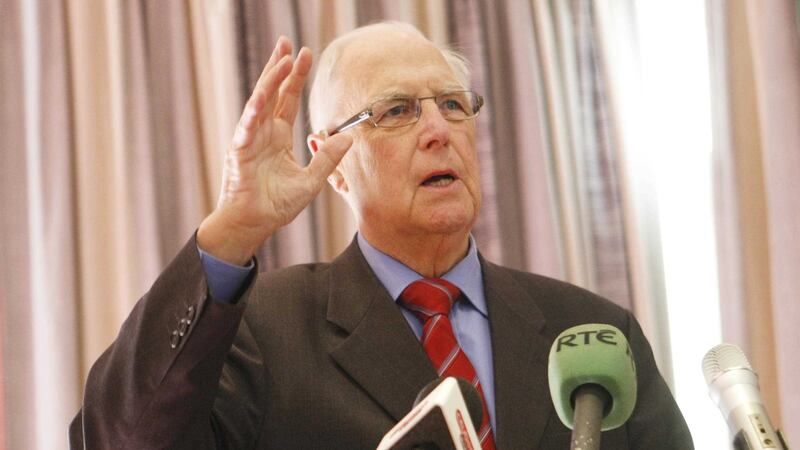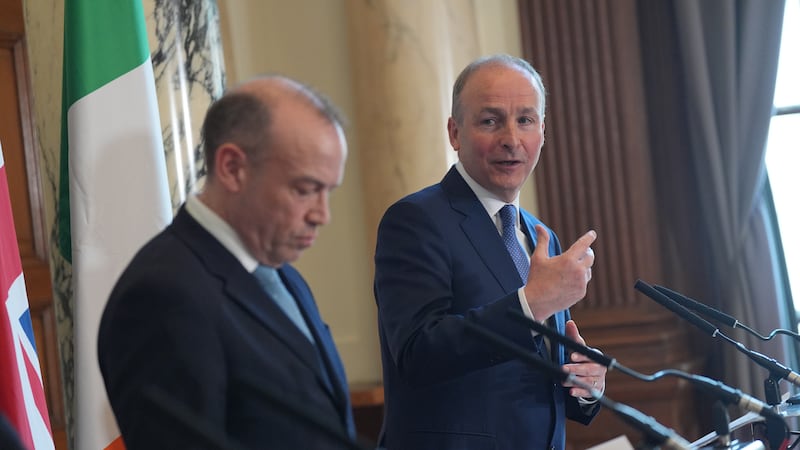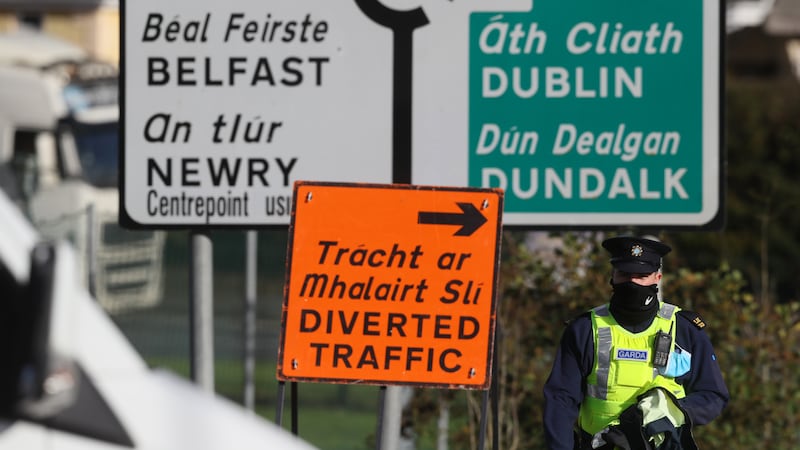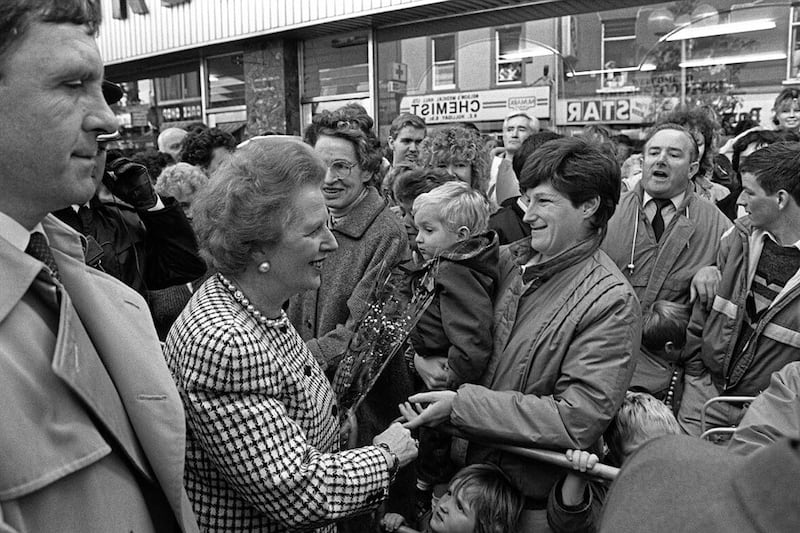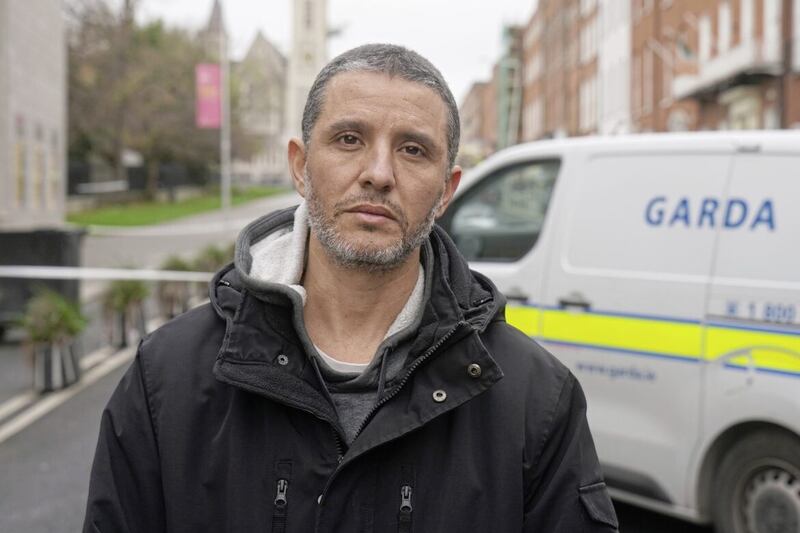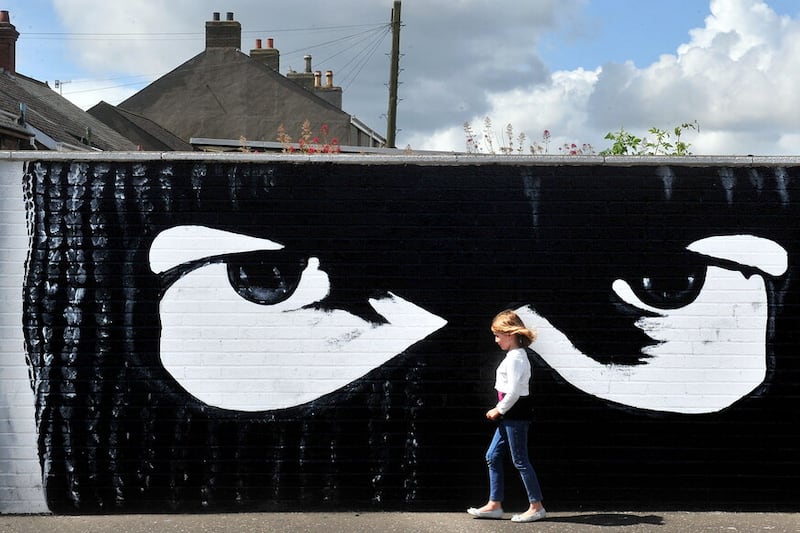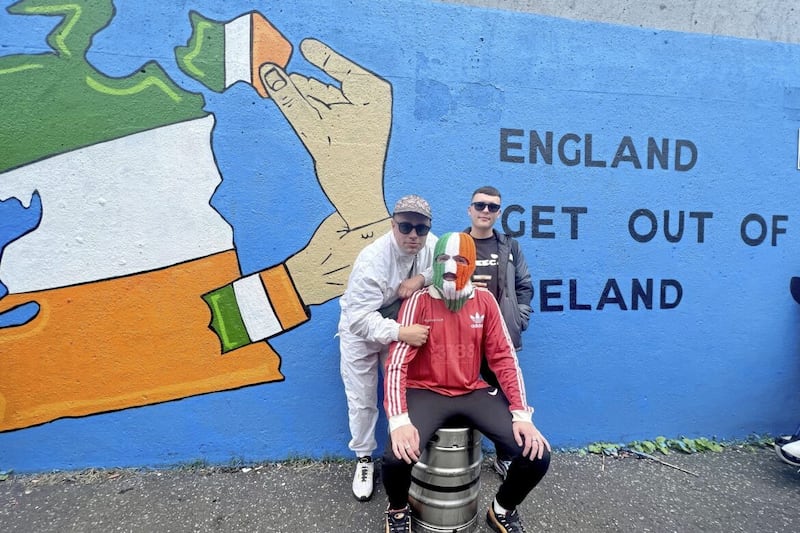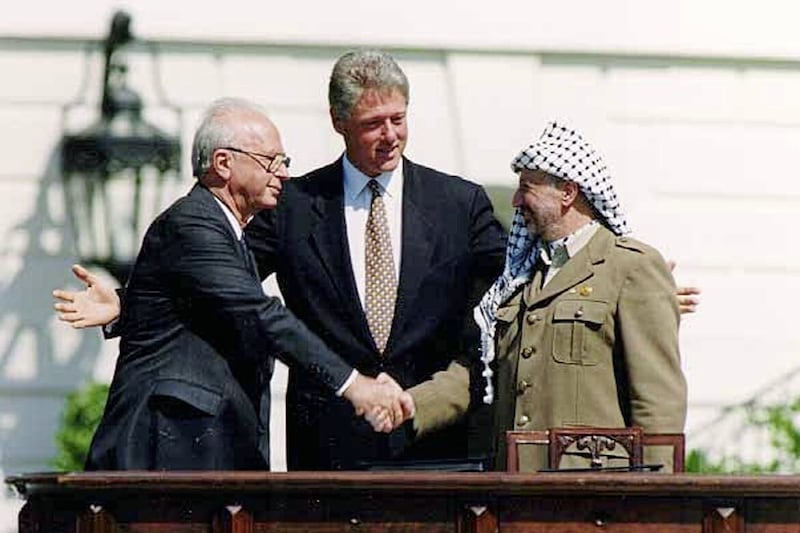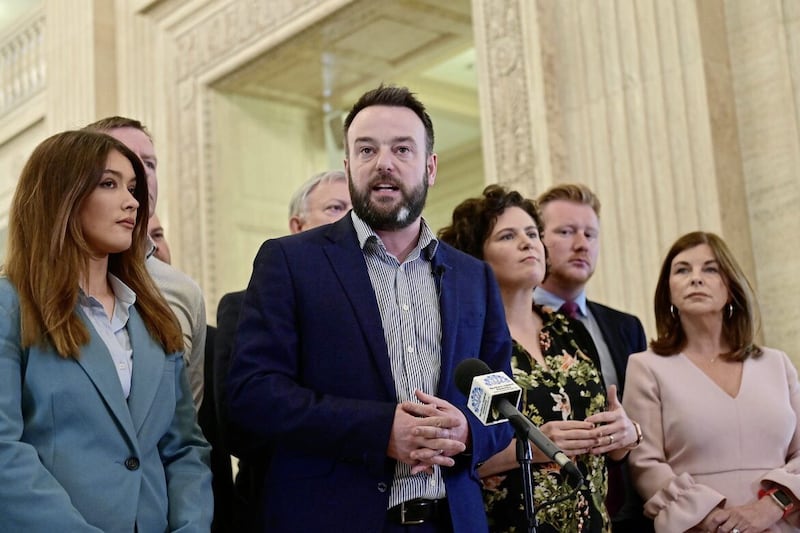IN March 2003 I took the former MP for South Down, the late Eddie McGrady to dinner off Leicester Square.
I waited for him at the St Stephen's entrance to Westminster. The talk of parliament was about the prospect of war.
Unsurprisingly the same topic dominated our dinner. Eddie was vehemently opposed to the prospect of war.
On the other hand I was more inclined to give the prime minister, Tony Blair, the benefit of the doubt.
After all, his decision to militarily intervene in the Balkans where I have done some work had been beneficial, as too had British intervention in Sierra Leone.
Blair was adamant that Saddam Hussein had chemical weapons. Certainly Hussein had murdered literally tens of thousands of his own people and was in breach of serious human rights violations as documented by the EU, UN and Amnesty international.
The Kurdish population suffered particularly under Saddam Hussein. Both Eddie and I did agree that Blair's relationship with George W Bush was not a healthy one.
I went on to argue in this very paper that we should trust Blair's instincts. I wasn't against the concept of regime change as I didn't believe then (or now) that the democratic world should turn a blind eye to injustices being carried out by brutal and repressive regimes.
And the UN whilst a good concept in an ideal world is a toothless tiger in the real world because of the multiple vetoes given to the super powers.
Certainly I would be less picky about the regimes I would change. Too often and too many successive British governments have been hamshackled to their colonial past and have failed to intervene against corrupt and brutal totalitarian African regimes - such as Robert Mugabe.
Eddie McGrady and Seamus Mallon both were hugely sceptical about Tony Blair. The experience of the SDLP during the talks process run by Blair was one of duplicity.
Blair abandoned the SDLP as he ferociously courted Sinn Féin. He would later abandon David Trimble too.
Perhaps mindful of this, perhaps because the SDLP was by and large a pacifist party, perhaps because he believed the UN weapons inspectors, and perhaps because Eddie McGrady was a man of both principle and more importantly good conscience, he was the sole Northern Ireland MP to vote against the war in Iraq.
Since the release of the Chilcot report many other MPs have been taking a revisionist look at their vote for war.
Particularly some unionist MPs claiming they solely went into the war lobby because they believed the prime minister and the information that he provided at that time.
The information they had was the same information that Eddie McGrady and 148 other backbenchers had when they voted against the war.
It's particularly disingenuous for some of these unionist to claim they believed Tony Blair back then when those same unionist MPs were amongst the most vociferous opponents of the Good Friday Agreement led by the same Tony Blair who they believed sold out unionism.
Eddie McGrady and his colleagues Seamus Mallon, John Hume and Joe Hendron went to parliament to be of independent mind.
They went to judge and evaluate on the merits and demerits of government policy. They would never be cannon fodder for a whips office nor would they ever be gung-ho war mongers fed a diet of jingoistic tripe.
Time and the Chilcot report has vindicated Eddie McGrady and the others who voted against the war. I, along with the rest, called it wrong.
I still think it was right to remove Saddam Hussein but not on false evidence or without a back-up plan for the post Hussein era.
The Chilcot report is most damning in its assessment of the chaos after the dictator's fall. Blair, to his credit and with characteristic bravado, didn't run from the report's findings.
He took full responsibility and only a fool or a knave would believe that the deaths of British servicemen and women and others don't haunt him.
Chillingly, he said he would do it all again, which is the statement of a man deluded by his own self importance.
He also made no attempt to dump on his mate George Bush. Whilst Blair is now the moving target for all that was wrong about the Iraq war - he should not carry all the blame. As we well know there are shadowy and sinister forces within the British security services where the spotlight has yet to be shone.

